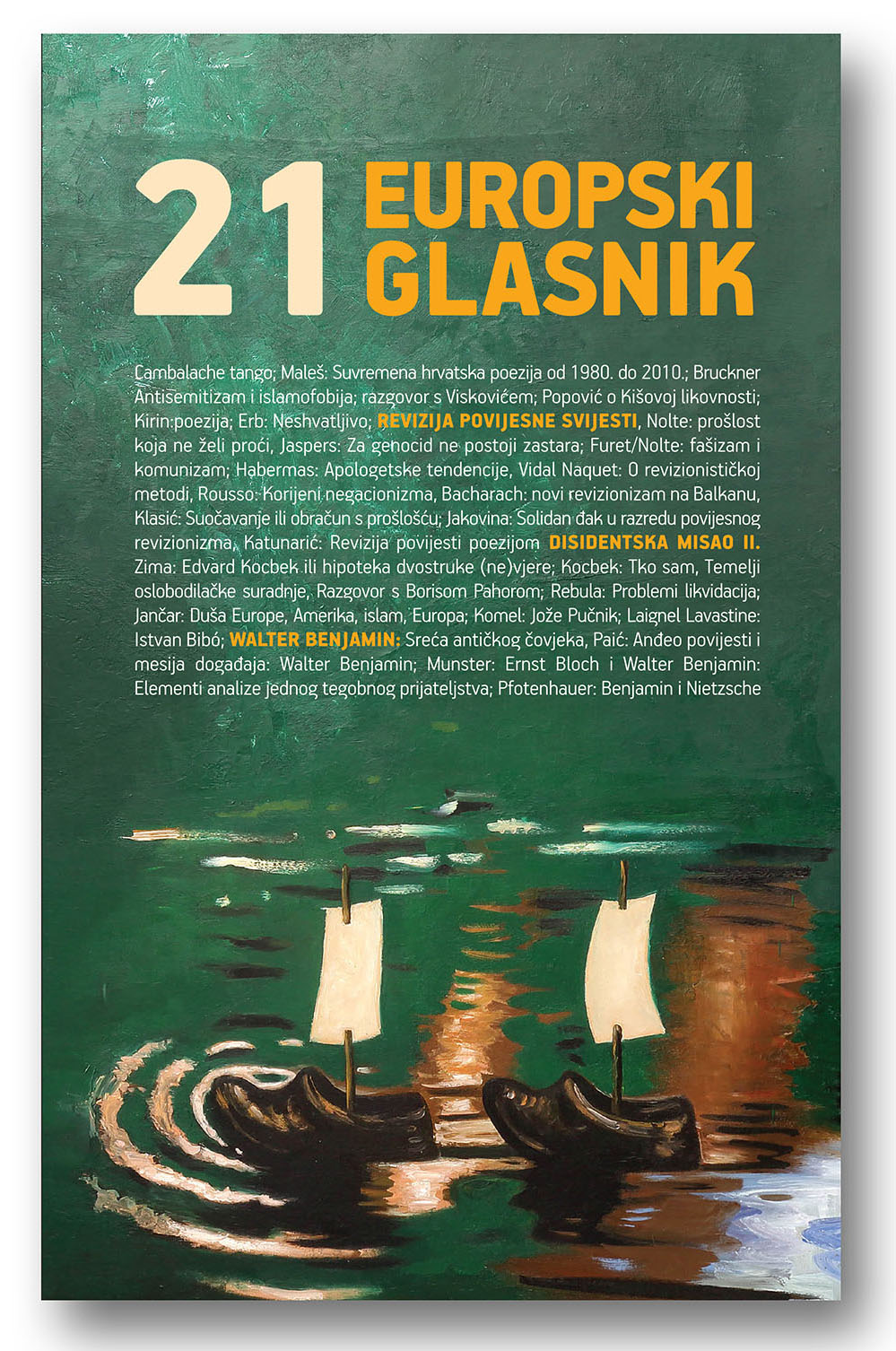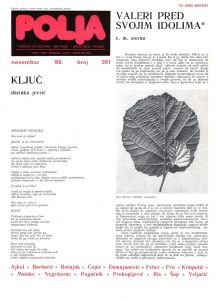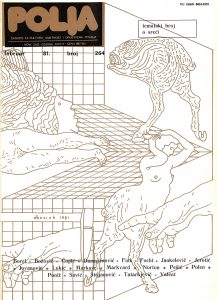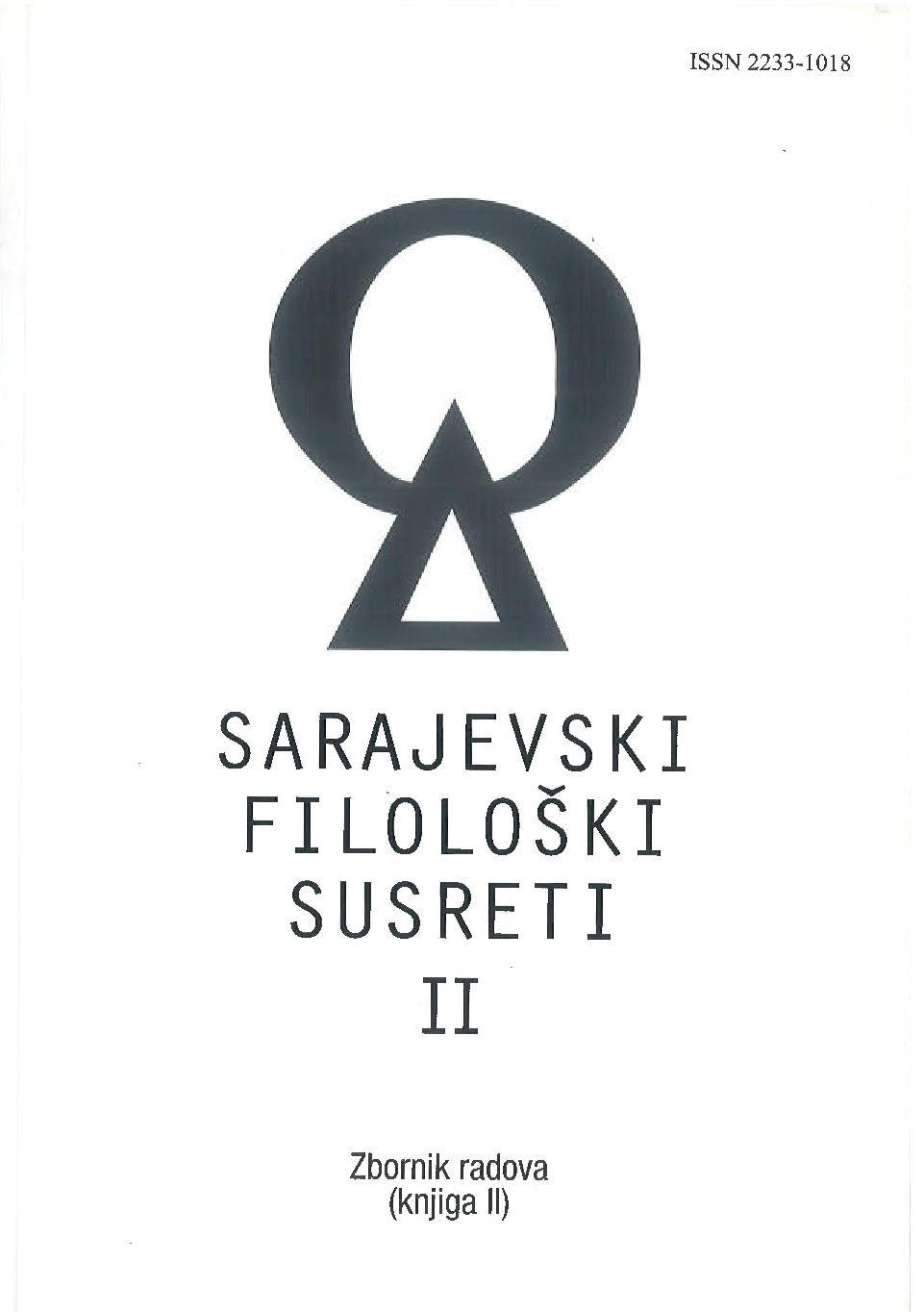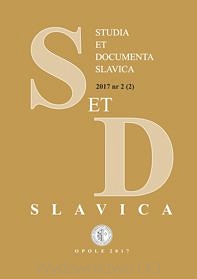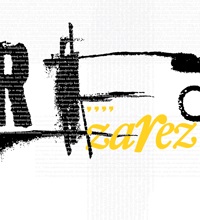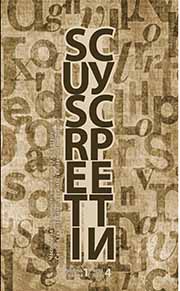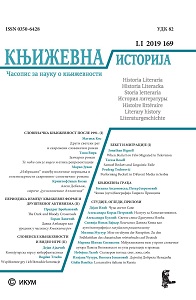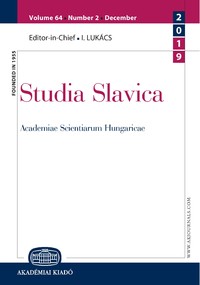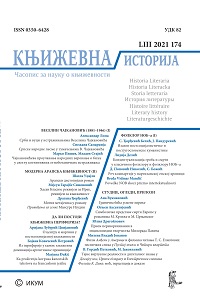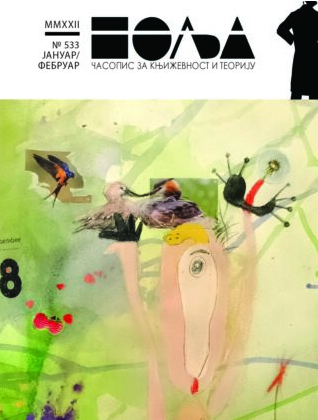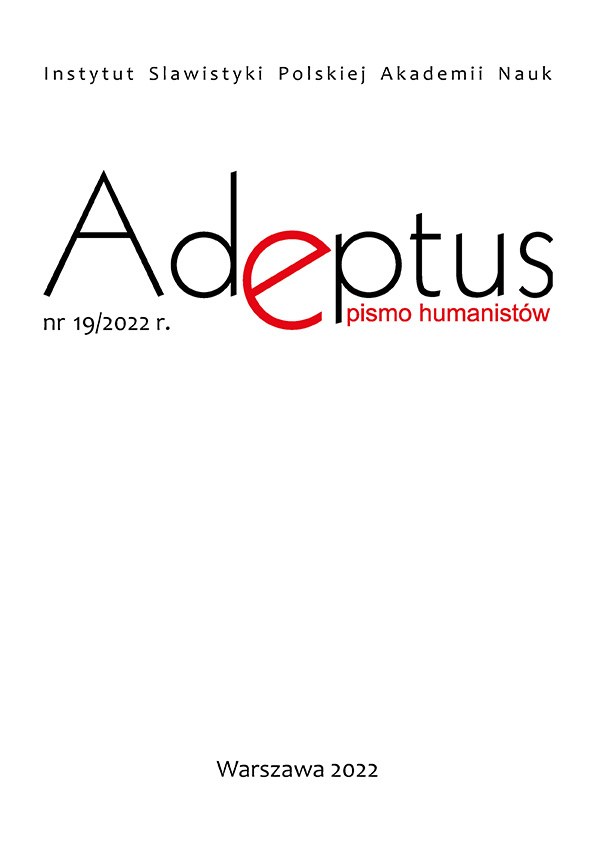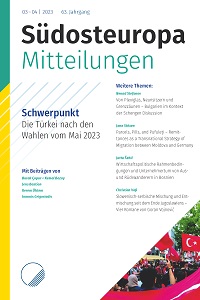Author(s): Anna G. Bodrova / Language(s): Slovenian
Issue: 2/2019
The study of autobiographical texts inevitably turns to the so-called extratextual real- ity, to writers’ biographies. The lives of these four authors born in Austria–Hungary were different. The German-speaking Slovene Alma Karlin became a traveller around the world. The first female professional Slovenian writer Zofka Kveder worked as a magazine editor, lived in different cities, wrote in three languages (Slovenian, Croatian, and German). The Slovene Maria Kmet worked as a teacher all her life. Maria Jurić Zagorka was the most widely read writer of her time in the Croatian lands and became the first Croatian female journalist. At the same time, their autobiographical experience reflected in the texts reveals much in common. The writers often changed their place of residence. The subject of the research is the spatial structures of four texts. In autobiographical works, there are specific spatiotemporal relations: the history of the formation of personality (the biographical time) is often connected with the expansion of space. First, an autobiographical character perceives only the space of a room (for ex- ample, a nursery), then the whole house. He or she makes various trips; often in the auto- biographies the spaces of educational institutions are described. As the characters mature, spaces expand and multiply. The autobiographical mode of narration of the four works under consideration deter- mined the spatial structures of texts, in which an individual–collective dichotomy is pre- sent. With the uniqueness of each human biography, all life paths reveal similar stages, which were reflected in the category of space. On the one hand, in many autobiographies, there are the so-called locus communis (the space of one’s home, the school, places for children’s games and walks, and a workplace). On the other hand, the geography of move- ments across different spaces is always unique. The similarity of some spatial motifs in the texts by Kmet, Karlin, Kveder, and Za- gorka can be explained by genre topics and general historical events (World War I, the collapse of Austria–Hungary) as well as the gender specificity of the texts (a big city gives a woman at the beginning of the 20th century the possibilities of self-realization, expands her social sphere but at the same time it is a dangerous space for her, full of temptations).
More...
